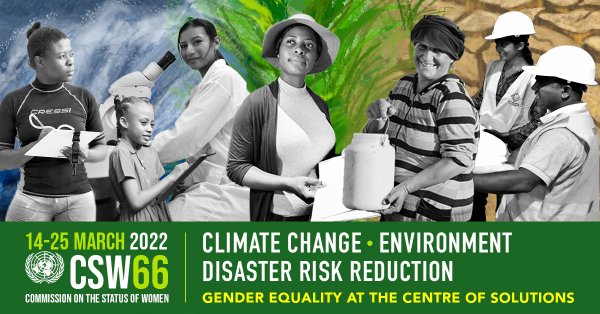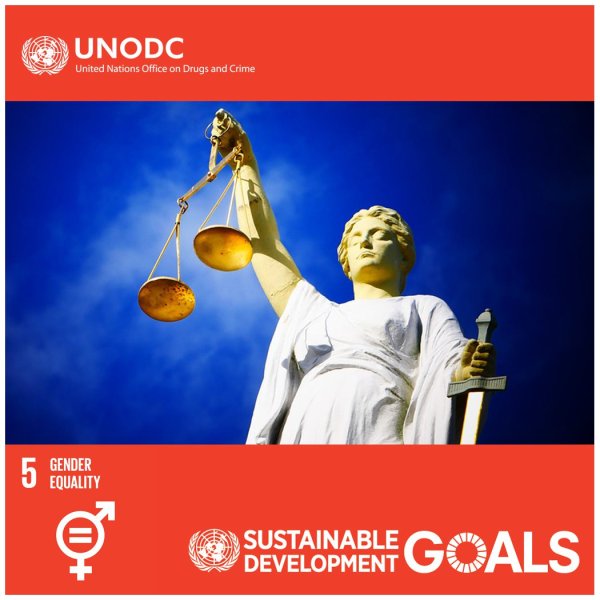Gender Equality Today for a Sustainable Tomorrow
Gender equality is not only a fundamental human right but a necessary foundation for a peaceful and sustainable world.
Despite progress over the last few decades, many challenges remain for women’s rights: Globally, 1 in 5 women between the ages of 15 and 49 report experiencing physical or sexual violence. Women do 2.6 times more unpaid care and domestic work than men and continue to be underrepresented at all levels of political leadership. During the COVID-19 pandemic, women were less likely to receive cash relief or social protection than men even though they were more likely to lose their jobs.
At the same time, evidence shows that women and girls can be effective change-makers in our society. Women’s participation makes peace agreements stronger, societies more resilient and economies more vigorous.
In March’s Goal of the Month editorial, we focus on Goal 5: Achieve gender equality and empower all women and girls.

Why the Goal Matters
Gender inequalities faced by girls can begin right at birth and follow them all their lives. Disadvantages in education translate into lack of access to skills and limited opportunities in employment.
Our aspirations for a world of peace, prosperity, and dignity cannot be achieved without realizing the rights of women and girls to a life free from discrimination and violence. Investing in gender equality is essential for economic growth and social development, and is the most effective way to lift communities and nations.
Check here to learn more about why the Goal matters and what you can do to advance gender equality.
Gender and Climate Change
The climate crisis is not gender-neutral. Women and girls are more affected by the negative consequences of climate change, such as displacement, violence, and poverty.
At the same time, around the world, women and girls are taking climate and environmental action at all levels. We must empower women and girls to be effective change-makers to address climate adaptation and mitigation. We need more women in leadership in government and business, creating and implementing green and socially progressive policies that benefit all people.
In Focus
- International Women’s Day | 8 March
- 66th session of the Commission on the Status of Women | 14 to 25 March
- ILO Report: Investing in care leave and services for a more gender-equal world of work | 7 March
- Women, Peace and Security Annual Report | 8 March
- International Day of Women Judges | 10 March








